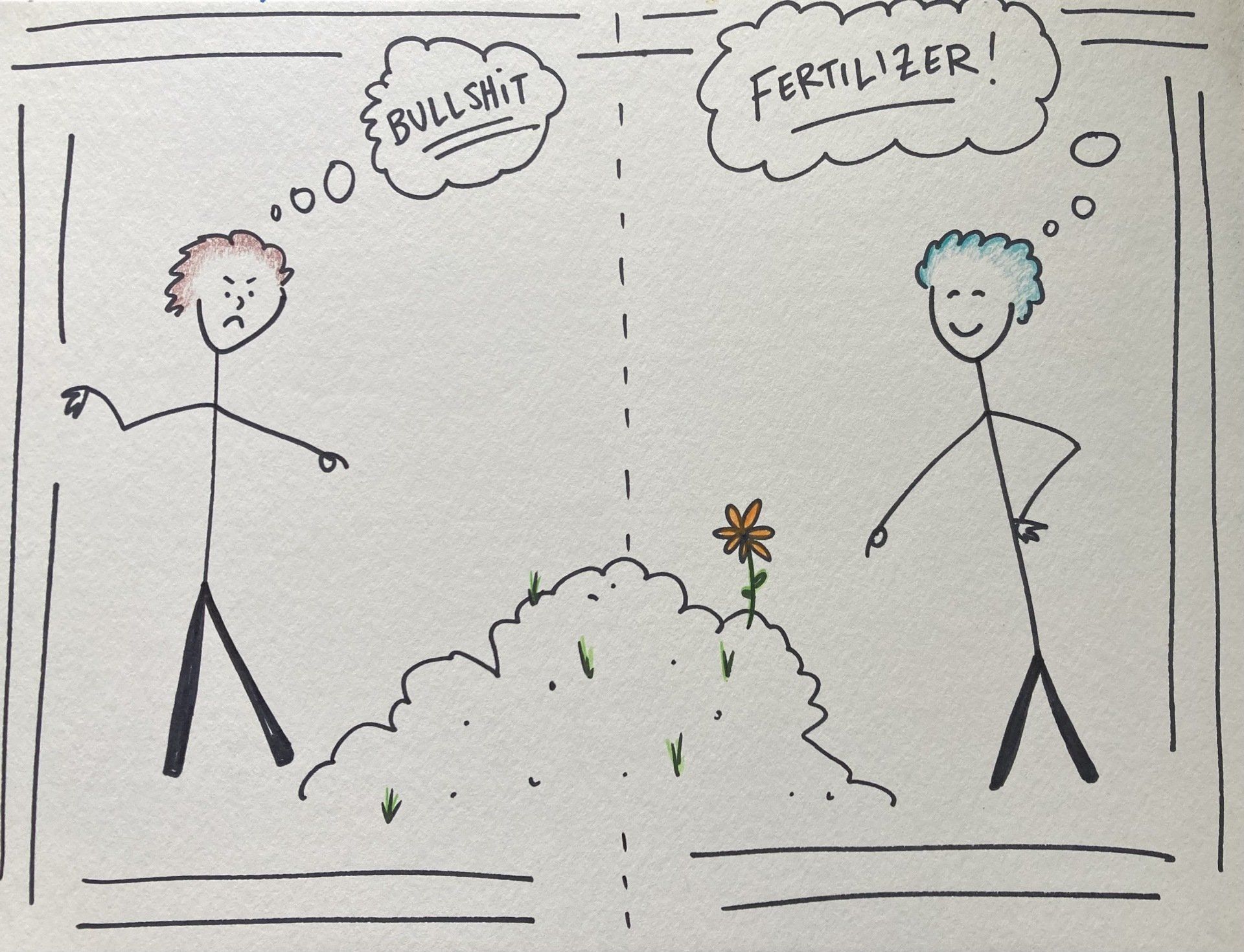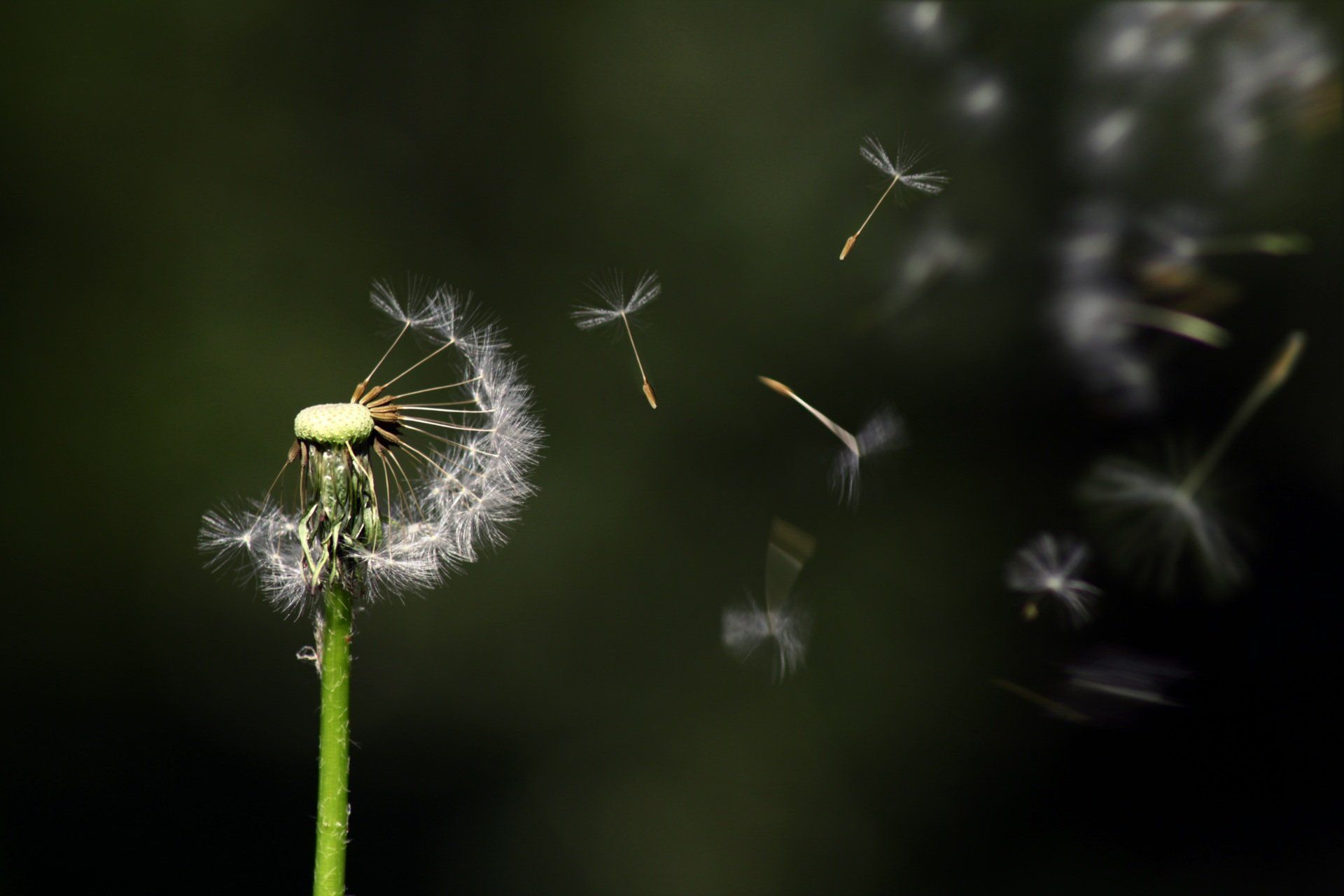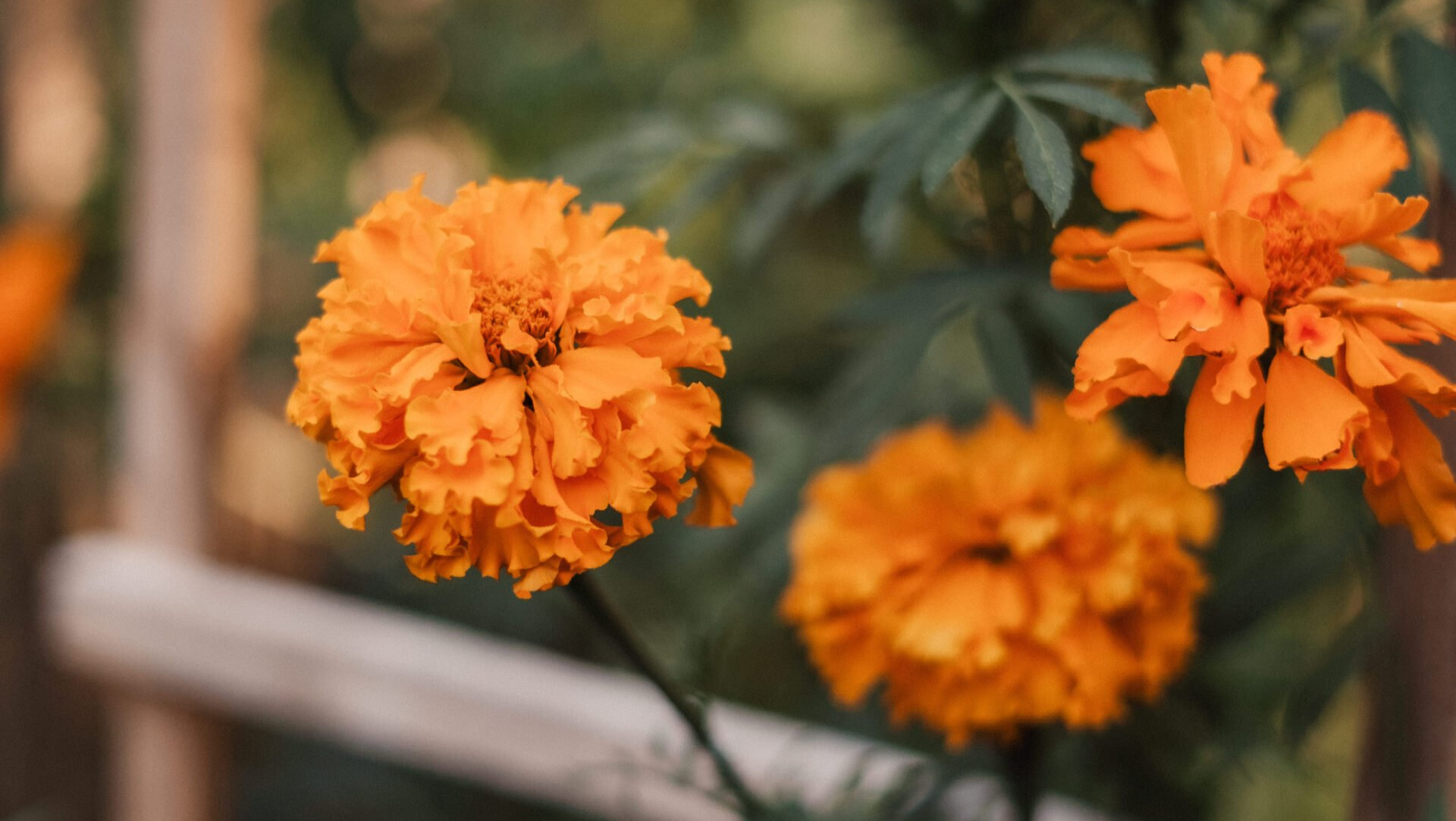Sex positive psychotherapy for people ready to thrive.
Psychotherapy for people ready to thrive.
Garden Space Counseling, the Why
Why garden space?
I didn’t grow up gardening, but I did grow up playing in dirt and with a deep and abiding love of food; not even good food, necessarily. If I’m being honest, I created and indeed ate some atrocities. While I still can’t claim to have a refined palate, it does stand to reason that, as an adult, I have an appreciation for combining my love of dirt and food. It’s play, growth, and sustenance for the mind and body. It’s challenging, rewarding, symbolic, and therapeutic. Like, for real therapeutic; ask science. Or, keep reading. Or, just scroll past my anecdotal thoughts, and then start reading for the researchy stuff.
Gardening is also hard. Have you ever tried it? There’s so much experimentation and failure, and try and try again involved. Weeds, epic bug battles (gardener v bugs; good bugs v evil bugs; birds, squirrels, deer, mice, and all the other varmints with a taste for pretty much all the things you want to grow), water issues, sun issues, climate issues, and if you’re lucky, a whole lot of bullshit... erm... fertilizer. You see, great things can grow out of a giant pile of... well, yeah, that. So, gardening is pretty freaking amazing. That one first runt of a grape, pepper, or tomato that survives and makes it into your face hole after years of trial and error tastes like decadence and validation and empowerment, defined.
Yes, I just said years, but then you realize there is a literal world of information out there: books, articles, YouTube videos, Facebook groups, workshops, consultants, Instagram, TikTok, neighbors, garden store clerks, and friends. Sure, you can figure it out alone, cycle after cycle, but what if you tap into your resources? What if you connect with your community? Imagine what could happen if you could stop winging it! Will you still have mistakes and failures? Yup. Will there still be seasons when you do everything “perfectly” that’s in your power and still have problems? Sure. So, what’s different? I’ll tell you: Your insight, your turnaround, your recovery, your ability to recognize your progress and successes, and your confidence (and excitement) for the next season. I'm compelled to add that, as I write this, I’m watching through my window as fugitive chickens demolish an edible flower bed and adolescent corn stalks. I wonder if I have enough room in my freezer for leftovers if I make a vat of soup tonight.
Have I mentioned yet that gardening is a tool for learning stress management, mindfulness, patience, and resilience? Deep breath.... Center.... I guess the chickens will live to tell the tale, the garden bed can be replanted next season, and I’ll still get fresh eggs. Sigh. Gardening is perspective, beauty, humility, and celebration.
Your garden, your life. What do you want to cultivate?
The Science!
Anecdotally, gardening as therapeutic obviously really resonates, but then we look further, and we find... what's that?... is it a bird? A plane? NO, IT'S RESEARCH!
Every article I found, including the ones I have cited here, had similar conclusions that some combination of plants, dirt, and all the other variables of nature and growing things result in a variety of positive health outcomes. Decreases in depression, anxiety, and anger are noteworthy, as are increases in general life satisfaction and quality, cognitive function, and meaningful social and community connections (1, 2, 3, 4).
Quite succinctly, Soga, Gaston, and Yamaura (1) note, “A regular dose of gardening can improve public health.” Through their meta-analysis, including studies specifically addressing horticultural therapy, it was "observed that improvement of patients' health... persisted at 3-months' follow up after the therapy, indicating that gardening has a persisting influence on health.” So, it doesn't just alleviate stress in the moment, it's also a preventative measure! Whoa. Love this. Even just observing nature or having images of nature around are said to have beneficial effects. According to an analysis of research by Thompson (2), there's a Japanese study that indicated that feasting your eyes upon plants actually altered EEG recordings, showing literal brain activity evidence of nature's capacity to quiet our minds, in addition to the more overt physical benefits of lowered blood pressure and muscle relaxation. Thompson's research also found that residents of a prison in Michigan who had a view of the countryside from their cells were less likely to utilize medical services than their counterparts who had to stare at the prison courtyard. Yay, nature!
Let's break this down to bullet points, because who doesn't love the digestibility of a list?
- Gardening can help regulate mood.
- Gardening can help prevent disproportionate stress responses.
- Gardening can help regulate pulse, blood pressure, and muscle tension.
- Gardening can help people get daily physical activity (which could be a whole blog post all by itself!).
- Gardening can contribute to a sense of community cohesion, support, trust, and opportunity. I know; you're independent and introverted, but humans are biologically wired for connection for wellness and survival, so at least a little bit of this is important! Also, in the community setting, it gives you something to talk about and to do if you feel awkward.
- Gardening can help people vary their dietary lifestyle (especially in food deserts), and help people have a sense of ownership, accomplishment, acceptance, and enjoyment of healthy foods. So, you get to feed your face. Your survival points for the zombie apocalypse just skyrocketed.
- According to an article by Ben Spencer from the Daily Mail, May 15, 2015, it has been "found that children are five times more likely to eat salad when they have grown it themselves." I don't see why some of that same rationale couldn't be applied to adults!
Finally (and I love this so much in a world where SO MUCH unfortunately depends on who we are), the benefits of playing in the dirt, trying to grow things, and being around nature aren't exclusive. No snobbery or corrupt systems here, people. Your socioeconomic standing, your gender, sex, race, color, religion, history of gardening or not gardening, and even personal interest in gardening (!) are all irrelevant when it comes to reaping its wellness rewards (1, 3, 5).
And all of that, good reader, from top to bottom, from anecdote and analogy to science, is why this practice is Garden Space Counseling.
1. Soga, M., Gaston, K. J., & Yamaura, Y. (2016). Gardening is beneficial for health: A meta-analysis. Preventive medicine reports, 5, 92–99. https://doi.org/10.1016/j.pmedr.2016.11.007
2. Thompson R. (2018). Gardening for health: a regular dose of gardening. Clinical medicine (London, England), 18(3), 201–205. https://doi.org/10.7861/clinmedicine.18-3-201
3. Harris, Holly (2017) The social dimensions of therapeutic horticulture. Health & Social Care in the Community, 25 (4). pp. 1328-1336. ISSN 0966-0410.
4. Spano G, D'Este M, Giannico V, et al. Are Community Gardening and Horticultural Interventions Beneficial for Psychosocial Well-Being? A Meta-Analysis. International Journal of Environmental Research and Public Health. 2020 May;17(10). DOI: 10.3390/ijerph17103584.
5. Howarth M, Brettle A, Hardman M, et al. What is the evidence for the impact of gardens and gardening on health and well-being: a scoping review and evidence-based logic model to guide healthcare strategy decision making on the use of gardening approaches as a social prescription. BMJ Open 2020;10:e036923. doi:10.1136/ bmjopen-2020-036923
Contact Us
We will get back to you as soon as possible.
Please try again later.





